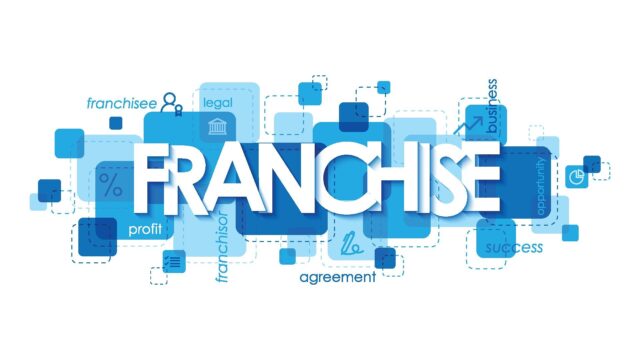Navigating the world of health industry franchising law can feel like traversing a labyrinthine maze. With its intricate regulations, varying state laws, and ever-evolving policies, it poses a unique challenge for entrepreneurs seeking to establish or expand their healthcare franchises.
From deciphering the Franchise Disclosure Document (FDD) to understanding compliance with federal healthcare regulations, the path is fraught with both opportunities and potential pitfalls. Whether you’re a seasoned franchisee or a novice exploring this dynamic market, grasping the legal frameworks governing franchising in the health sector is not just beneficial—it’s essential.
This ultimate guide aims to illuminate the complexities of health industry franchising law, equipping you with the knowledge needed to make informed decisions and navigate this multifaceted landscape with confidence. Prepare to delve into the intricacies that could shape your franchising journey and set the stage for success in the competitive healthcare arena.
Introduction to Health Industry Franchising

The health industry is a burgeoning sector that has garnered tremendous interest for entrepreneurs and investors alike, especially through franchising. This unique model allows individuals to operate their own businesses under the umbrella of established brands, offering everything from fitness centers and wellness clinics to urgent care facilities and nutrition franchises. As the population ages and health consciousness rises, the demand for diverse health services continues to escalate.
However, navigating the intricate web of franchising law within this industry can be akin to finding a needle in a haystack. It requires not just a keen understanding of legal frameworks but also a strategic approach to compliance, operational standards, and consumer protection.
In this guide, we will delve into the essential aspects of health industry franchising, equipping potential franchisees with the knowledge needed to thrive in this dynamic landscape.
Key Legal Concepts in Franchising

Understanding the key legal concepts in franchising is essential for anyone venturing into the intricate world of health industry franchising. At its core, a franchise agreement binds two parties—the franchisor and the franchisee—through terms dictating everything from operational guidelines to financial responsibilities.
This relationship is governed by specific laws, such as the Federal Trade Commission (FTC) regulations in the U.S.
, which mandate the disclosure of critical information prior to the finalization of the franchise agreement. Moreover, concepts like trademark protection, territorial rights, and the obligations of both parties are deeply interwoven into the fabric of franchising.
Any misstep in understanding these legal terms can lead to dire consequences, potentially undermining the franchisee’s business or risking legal repercussions for the franchisor. Thus, navigating these legal waters with care, diligence, and, when necessary, legal counsel is imperative for success in this burgeoning sector of the health industry.
Federal Regulations Governing Health Franchises

Navigating the intricate landscape of federal regulations governing health franchises is essential for any entrepreneur stepping into this dynamic sector. The Federal Trade Commission (FTC) plays a pivotal role, enforcing laws that ensure transparency and fairness in franchise agreements, particularly through the Franchise Rule, which mandates detailed disclosure of financial performance and operational obligations.
Coupled with the rigor of healthcare-specific regulations—such as those outlined by the Health Insurance Portability and Accountability Act (HIPAA)—franchisors and franchisees must grapple with a labyrinth of compliance requirements that vary by state and local jurisdiction. Moreover, the interplay between federal and state laws often creates a complex web that demands meticulous attention to avoid pitfalls.
As such, understanding these regulations not only safeguards the franchise’s legal standing but also fortifies its reputation in a highly scrutinized industry where trust is paramount.
Conclusion
In conclusion, navigating the complex landscape of health industry franchising law requires a thorough understanding of the regulatory and legal frameworks that govern this sector. Whether you are a prospective franchisee or a franchisor, being well-informed about the intricacies of franchise agreements and compliance obligations is crucial for sustainable success.
A critical component of this process is the Franchise Disclosure Document, which provides essential information about the franchise system and ensures transparency between parties. By staying abreast of changes in legislation and engaging legal expertise when necessary, stakeholders can effectively mitigate risks and seize opportunities in the ever-evolving health industry.
By equipping yourself with the knowledge and resources outlined in this guide, you can navigate the challenges of health industry franchising with confidence and clarity.




